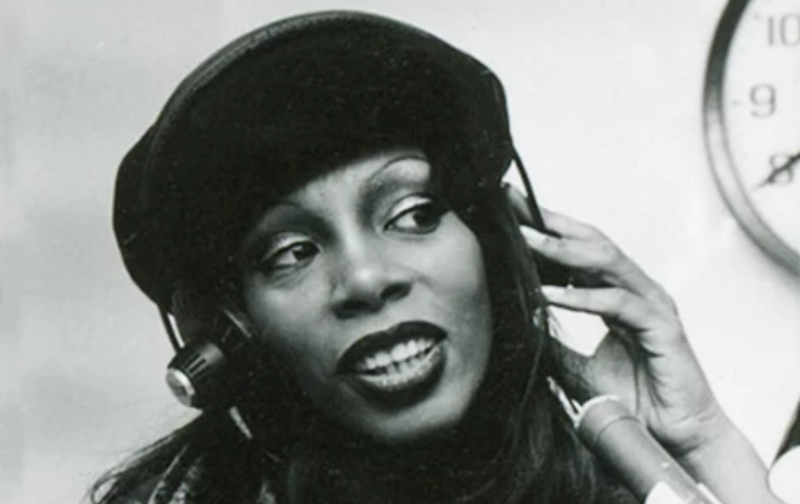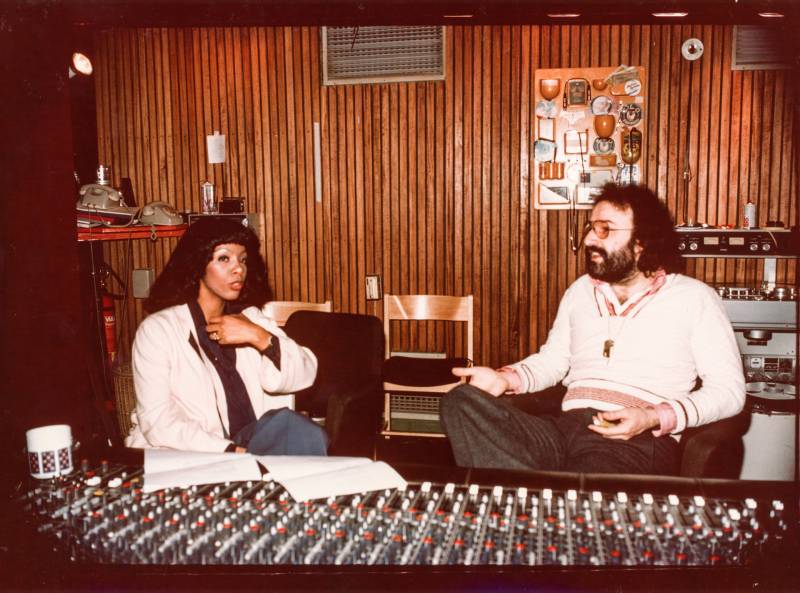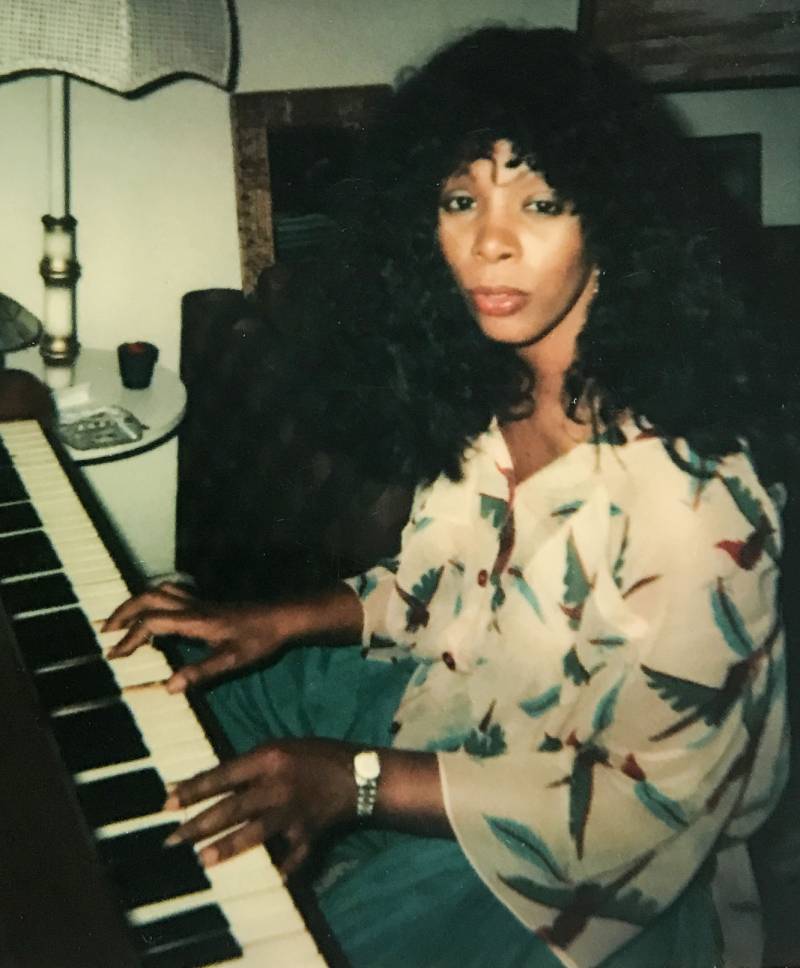This may sound odd now, but when Donna Summer first hit America’s pop music charts in 1975, it was a steamy, scandalous moment.
Her first hit, “Love to Love You Baby,” featured Summer making noises of pleasure which sounded seriously sexual, inspiring the BBC to initially refuse to play the record and interviewers to ask what exactly she was doing while tracking the vocals.
But as Summer explains in a clip from HBO’s documentary Love to Love You, Donna Summer, the singer was not actually a sultry, sexy seductress.
“It wasn’t me, it was something I was playing,” she says. “It was a role. Everyone that knew me would call me up and say, ‘That’s not you, [moaning on the record] is it?’ Yeah, it’s me.”
A secretive artist
Unfortunately, HBO’s film struggles to define who Summer actually was, despite knitting together interviews with family members, archival clips and home movie footage — all guided, in part, by her daughter Brooklyn Sudano.




9(MDAxOTAwOTE4MDEyMTkxMDAzNjczZDljZA004))


